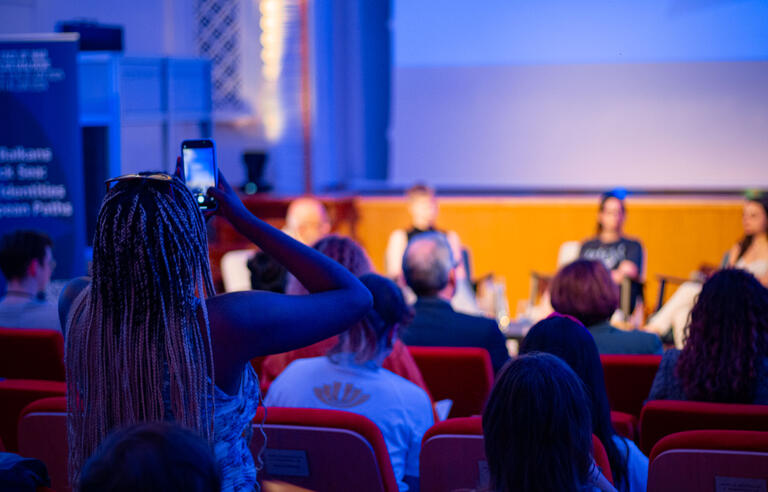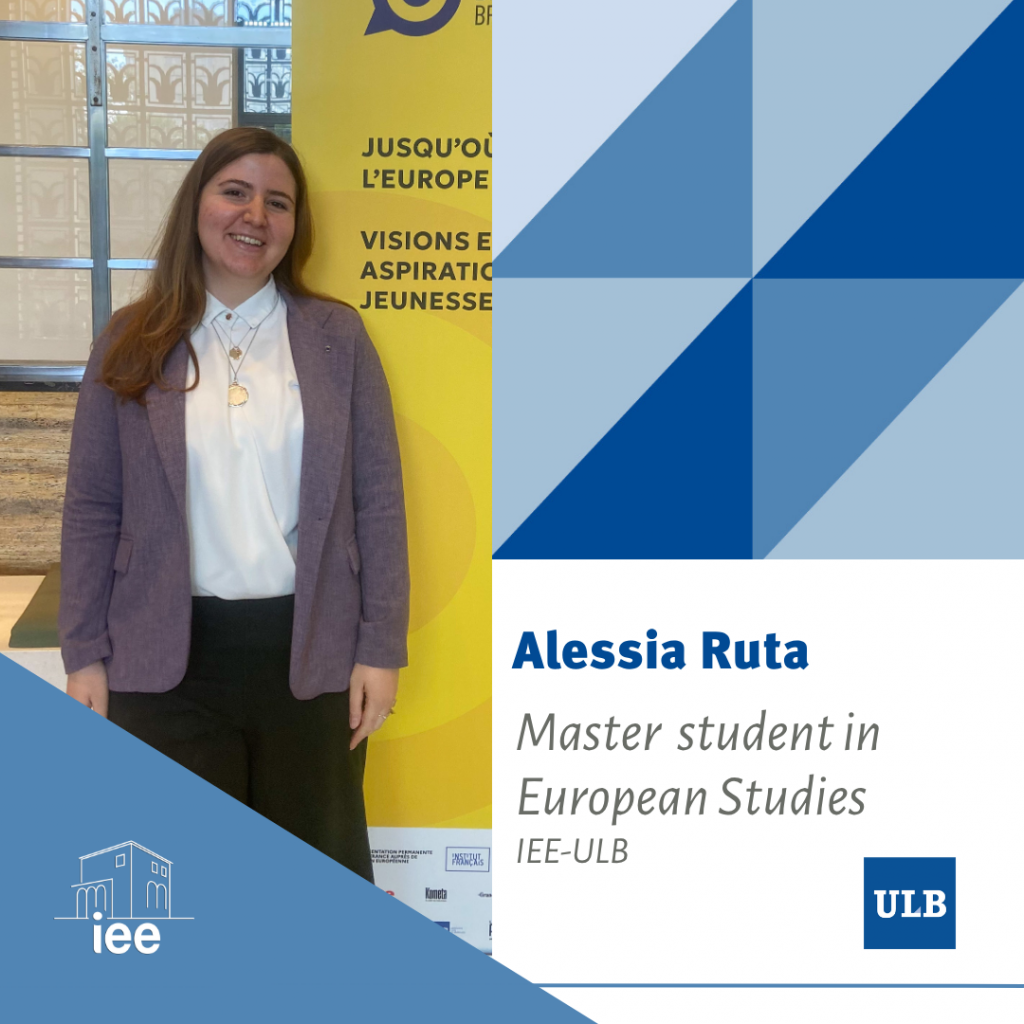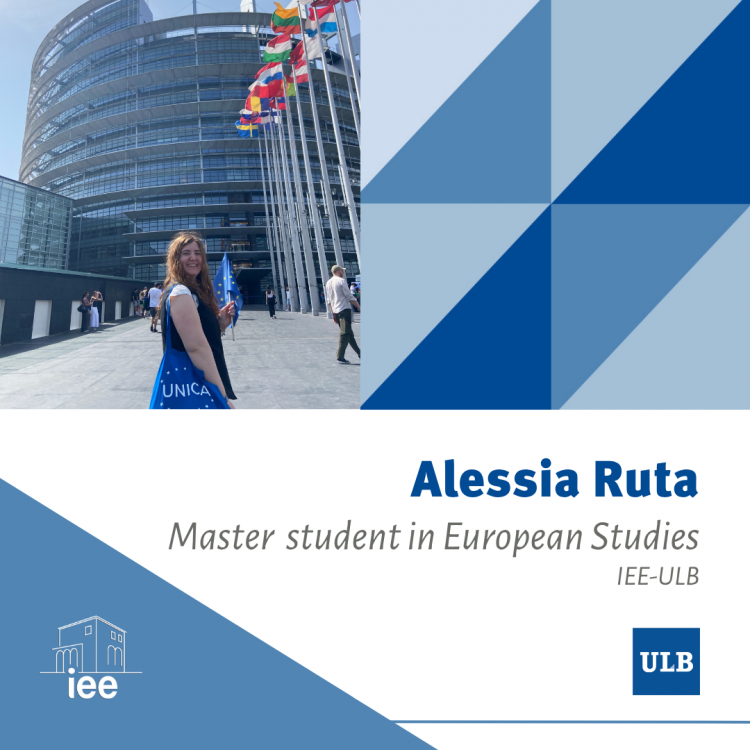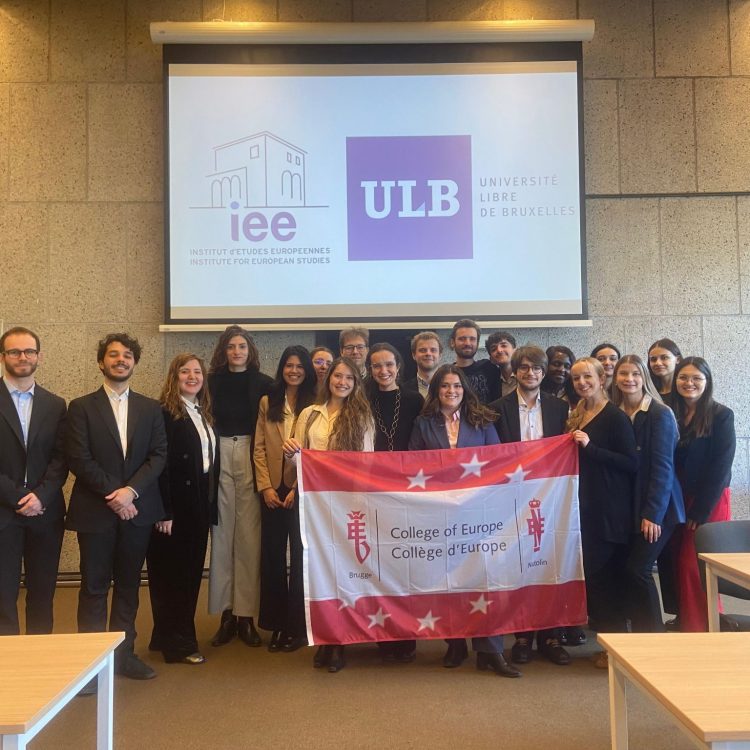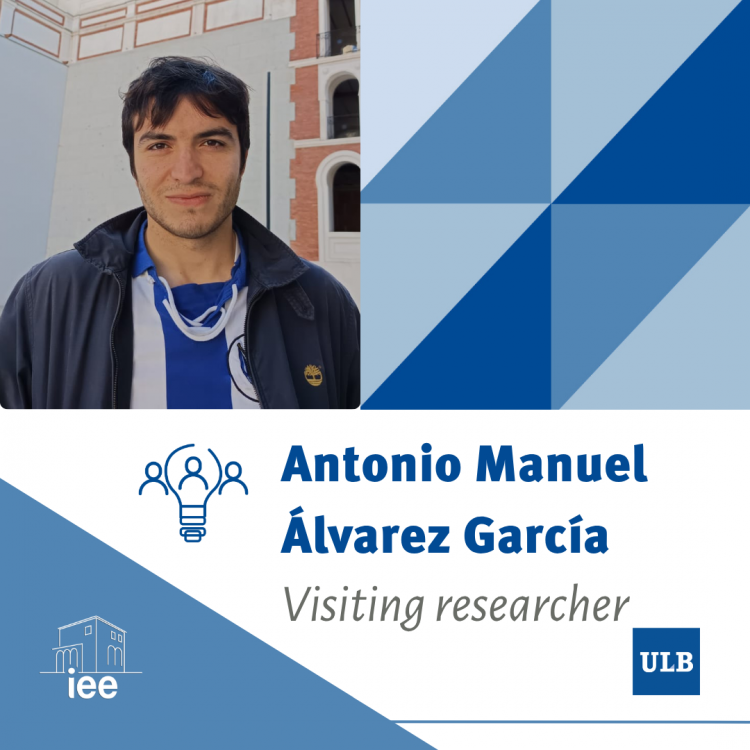Face à la guerre – dialogues européens is an itinerant project hosted by the Institut Français and the French diplomatic network that stopped off in Brussels from the 21st to the 23rd May 2025. Its aim is to foster the discussion around the turmoils that Europe is currently facing by bringing together students, academic experts and professionals in a multitude of workshops and panels. By the end of September, the 2025 edition will have involved the cities of Leipzig (Germany), Brussels (Belgium), Bucharest (Romania) and Sarajevo (Bosnia and Herzegovina). Symbols, solidarity and youth engagement have been the watchwords of the Brussels chapter of this transnational adventure. As a member of the delegation of IEE-ULB students, I had the opportunity to both contribute to the delivery of the event – by collaborating with the social media team of the Institut Français in order to bring the students’ perspective into the daily digital storytelling of the activities – and to be a participant in the thematic group dialogues that eventually resulted in the pitch of four propositions on human rights and migrations, peace and security, social justice and climate change.
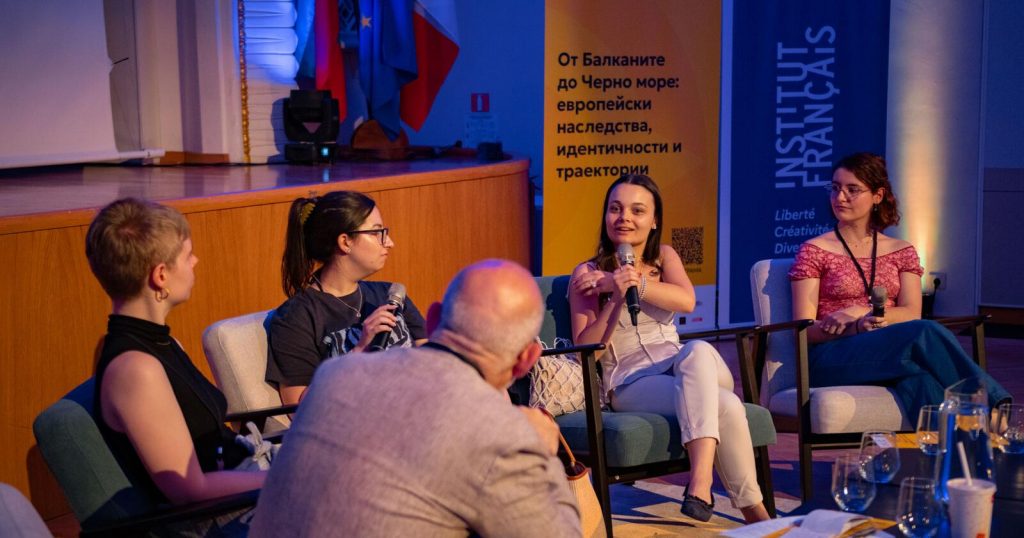
The essence of the event as I experienced it is summarised in the oxymoron informing its very name: war/dialogues. Being a part of the thematic group dealing with the highly sensitive topic of peace and security, it could not be otherwise, especially because everyone around the table had diverging ideas on what is the key to address current security issues. We all agreed on shared values – such as human rights, democracy and positive peace – but our miscellaneous contexts of origin implied several different perceptions of war. Some of us were born and raised in the EU, which we learned to appreciate as a peace project that made war among Member States materially impossible; as a consequence, our main contribution came from being students in fields related to political science and international relations, as well as from our interest in solving conflicts elsewhere and preventing a Europe-wide or worldwide escalation, but neither of these inputs were matched by an insightful understanding of what it means to deal with war day by day. Differently, for the group members coming from Ukraine, war is a daily reality to face, and for those coming from the Western Balkans, it is either a vivid, hurtful childhood memory or an intergenerational trauma (that does not spare those who were born after the end of the wars in former Yugoslavia).
The incomprehension that seemed to be jeopardising our dialogue eventually resulted in being the fuel that propelled our proposal – which was met with great enthusiasm by the panel of experts and by the audience once it was pitched at the closing ceremony in Bozar. We elaborated and presented a project to establish an annual pan-european citizens’ assembly, the Pan-European agora on peace and security, having a two-faced goal: informing decision-makers on the real priorities of citizens when it comes to such an important matter and enabling people from different European countries (EU and non-EU) to meet face to face and exchange – because it is only through genuine dialogue that individuals with diverging visions and experiences can understand each other. In a sentence, our stance is that peace and security can be fostered through democratic participation. It was an honour and a pleasure for me to be the spokesperson of my amazing team and to use my voice on that stage to amplify the multitude of different voices and minds that made the remarkable effort of cooperation that resulted in our proposal. Likewise, it was thrilling for me to have this opportunity of representing our institute in this meaningful international context. In particular, I deeply cherish how this allowed me to make conceptual and analytical connections between my “academic past” and “academic present”, as I am a Human Rights graduate turned European Studies student. If in the beginning of this master’s programme the switch in fields felt quite alienating, by the end of the first year I can state to have finally achieved a balance by either finding or building theoretical and practical interconnections. Taking part in the Dialogues Européens right at the end of the spring semester was the apogee of this process.
While our continent is progressively building new walls and enforcing new forms of exclusion that power hatred among peoples, conferences like this one are extremely valuable because they build bridges instead. And this is not just about a three-day activity. It is about reinforcing a culture and a practice of meeting and connecting as nations and as individuals, individuals who arrived as participants, left as friends and in the future may meet again as leaders who know better than to follow the obsolete, degrading paradigm of making peace through war.
